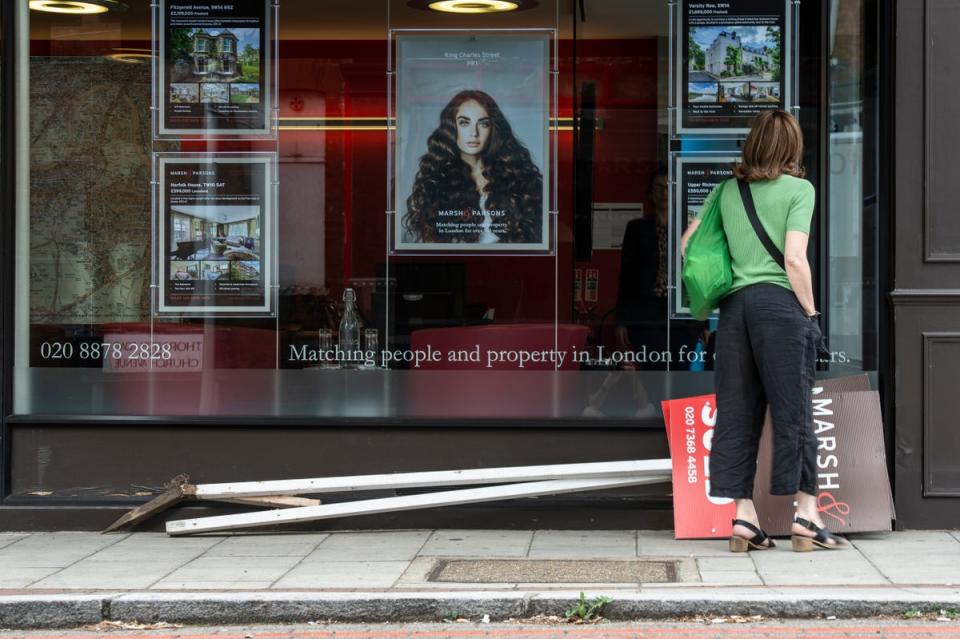Comment: stamp duty cut and no more Help to Buy — is the government really going to ignore first-time buyers?

As is now customary, plenty has been trailed in advance of Kwasi Kwarteng’s mini Budget this week, with a banquet of tax cuts grabbing the headlines.
The ‘rabbit in the hat’ on this occasion is a rumoured stamp duty cut, which it is understood the Chancellor hopes will stimulate the economy by encouraging home moves and first-time buyers.
However, evidence from previous stamp duty holidays shows cutting the property purchase tax tends to be a boon for the top end of the housing market while doing little for those at the bottom.
Housing analyst Neal Hudson points out that large numbers of investors and second home buyers took advantage of the savings during Rishi Sunak’s stamp duty holiday, while transaction levels soared in the £500,000 to £1.5 million price bracket, where buyers benefitted from the maximum £15,000 saving. Two thirds of the sales in this price band were in the UK’s most expensive regions: London and the South East, according to CBRE.
Meanwhile, first-time buyers lost their tax advantage, having previously been exempt from paying any tax up to £300,000 (compared to £125,000 for other buyers). The data shows sales of properties below £250,000 actually dropped during the stamp duty holiday. Increased demand also pumped house prices up, out of reach of many aspiring buyers.
The news since then has been bleak, with interest rates rising on a monthly basis making mortgages more expensive and harder to come by and sending rents spiralling.
The difficulties faced by first-time buyers (and concurrently by private renters) have been pushed out of the spotlight as the cost of living crisis bites, threatening the government’s core voter demographic, not just the easily dismissed “feckless young”.
Yet, just five weeks after the new Chancellor delivers his statement on Friday, Help to Buy, the government’s flagship scheme that lends up to 40 per cent of the purchase price of a new build in London to buyers with small deposits, is set to close to new applicants.
The scheme has faced legitimate criticism for everything from inflating house prices, to giving wads of government cash (more than £20 billion) to property developers and relatively high earners, and creating a ticking time bomb for those who do not manage to sell up before the five-year interest-free period expires on the government loan.
That said, at the very least Help to Buy has helped 36,000 London first-time buyers on to the property ladder and has supported the construction of hundreds of thousands of homes. Significantly, there is nothing planned to replace it, either for first-time buyers or struggling renters.
The detail of the Budget is yet to be seen but if the rumours are to be believed its flagship policy will be yet another boost to the top of the property market while hopeful first-time buyers are once again left trying to grasp the bottom rung. How much longer will they be ignored?

 Yahoo Finance
Yahoo Finance 